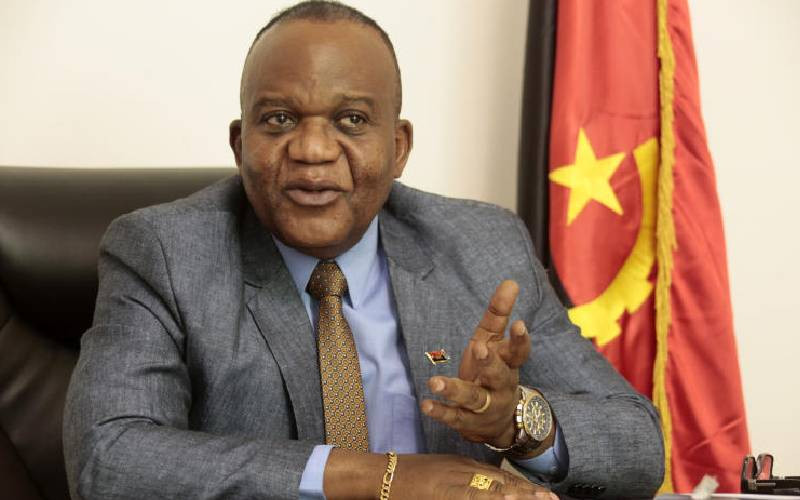
Communities, peoples and countries have dates that significantly mark their journey to the point of listing them in a group of celebratory dates of local, regional and national character. In Angola, the main celebration date is today, November 11th: The Day of the Proclamation of National Independence, in 1975. Therefore, we celebrate today, 47 years, as a free and independent people.
Freedom gave way to self-determination, with the Angolan people becoming masters of their destiny after 500 years of Portuguese colonisation. But, like any people, nation and country, the process of political and economic stabilisation requires a good relationship of interdependence based on a policy of good relations with other peoples and countries, a process that will certainly see better days on our rich continent when the Continental Free Trade area is at its peak.